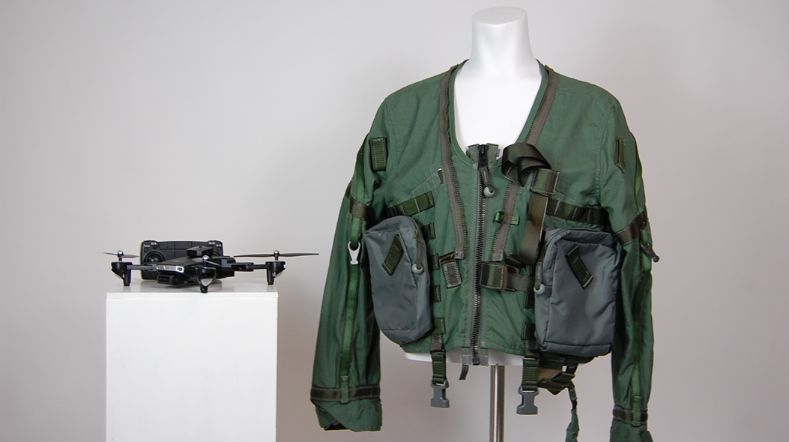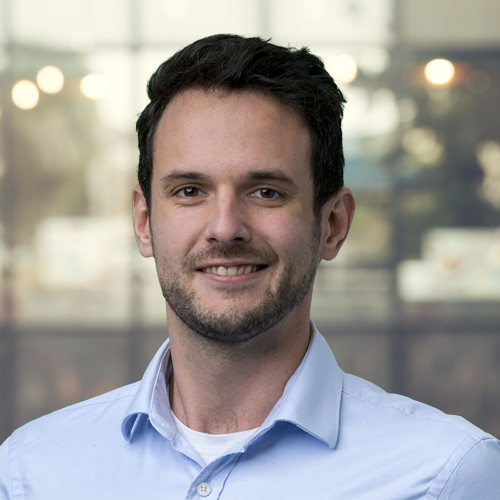
Time setter story: Working on safer self-driving cars
How can self-driving cars learn to understand themselves and their surroundings at least as well as humans do? This is what medior scientist specialist Chris van der Ploeg is researching at TNO. His research into the use of AI helps make vehicles safer. Chris is the winner of TNO’s Young Excellent Researcher award.
Automated vehicles
Chris van der Ploeg focuses on enhancing the self-awareness and situational awareness of automated vehicles. He gives an example: ‘Suppose there is something wrong with the steering system, the vehicle itself can then alert the driver to call roadside assistance. And what do you do when approaching a confusing intersection? This is a question that plays no role yet in current vehicles out there, but it is a major cause of traffic accidents worldwide.’
Vulnerable in traffic
For the past four years, as part of his work at TNO, he has been pursuing a PhD on these topics at Eindhoven University of Technology. Chris: ‘As a motorcyclist, I realise how vulnerable you are in traffic. We are currently quite dependent on making eye contact or waving to communicate our intentions to other road users. This made me think about how this would work with automated vehicles.’
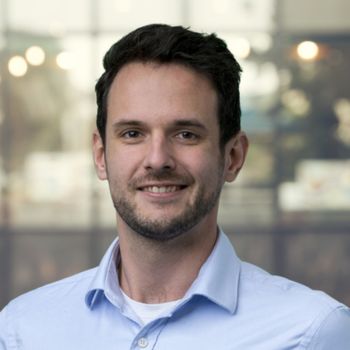
'For automated vehicles to be successful, they need to be smarter and safer than humans in certain areas and get us from A to B faster.'
Flag or traffic light?
Some self-driving cars currently interpret waving flags as flashing traffic lights. This is an example of how not to do it, says Chris. ‘There is no human reasoning involved here, the system only considers shape and movement. TNO is working on a system that can reason based on knowledge, rather than just data. We want to use AI in a way that remains explainable. A colleague of mine calls this ‘hybrid AI.’ The hybrid aspect lies in combining the use of data with the underlying knowledge of the designer who understands the system and the environment.’
Sharing knowledge
One of the greatest challenges is bringing theory into practice, Chris says. ‘My appeal to everyone in this research area would be: keep sharing knowledge. A number of key players in the self-driving vehicle market work very isolated and rarely publish research results. As a consequence, outsiders cannot see what sometimes goes wrong. As a result, the cause of an accident or malfunction often remains speculative, which does not help public acceptance of these vehicles. And it does not help research either. At TNO, I get the most out of talking to each other.’
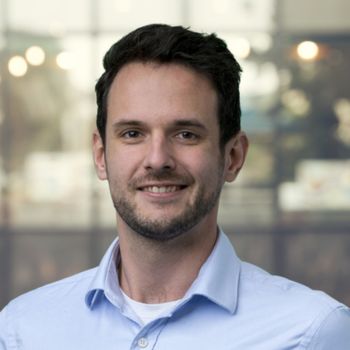
'By bringing parties together, we have more societal impact.'
Bring parties together
Chris not only talks to researchers within TNO, he works with many different parties. ‘Universities, institutes, but also car manufacturers and RDW, the body that issues driving licenses and registers license plates. During my PhD research and my work at TNO, I have collaborated and published research with about twenty external parties. I am very proud of that.’
From vision to impact
‘If I worked for a car manufacturer, I would only be able to influence one party. At TNO we set up the right vision and bring multiple parties together to realise it. This way we ultimately have a greater impact on society.’
Become a time setter at TNO?
'At TNO we set up the right vision and bring multiple parties together to realise it. This way we ultimately have a greater impact on society.'
Want to join TNO, just like Chris?
Young Excellent Researchers at TNO
TNO is proud of its talented researchers, which is why we organise the Young Excellent Researcher award every year. Chris van der Ploeg was one of the four finalists.
Vincent Zoutenbier develops accurate and inclusive medical devices
By researching how light interacts with human tissues, Vincent Zoutenbier is helping develop next-generation medical devices that are more accurate, efficient, and inclusive. Meet Vincent Zoutenbier, Scientist Specialist and one of TNO’s Young Excellent Researchers.
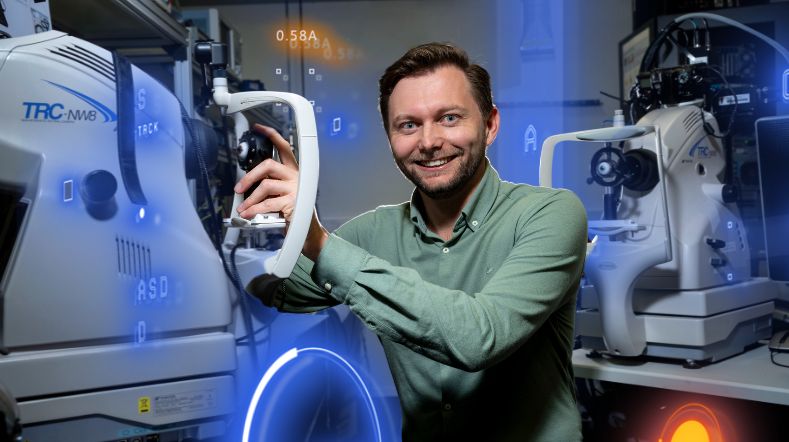
Milad Golkaram works on biodegradable plastic
Plastic is long-lasting, versatile, and inexpensive to produce. Unfortunately, it is also often bad for the environment. A team of talented researchers has created an AI model that makes developing a new biodegradable plastic a lot easier. Meet Milad Golkaram, one of the key researchers and nominee for TNO’s Young Excellent Researcher award.
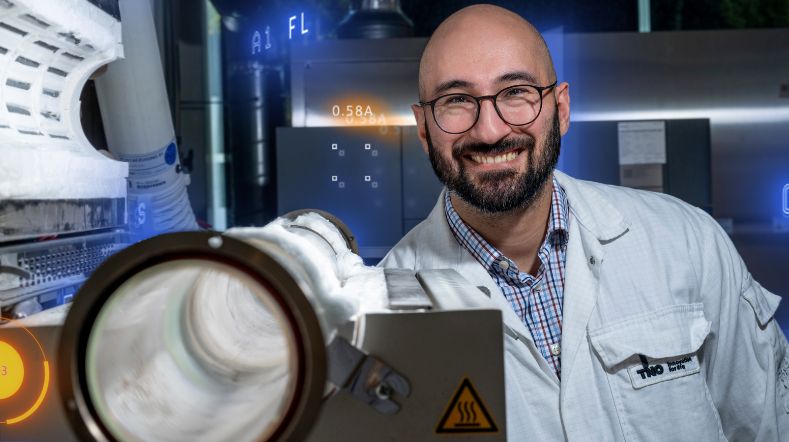
Friso Heslinga works on reliable Artificial Intelligence
His research helps make AI models reliable, even when there is little data available for learning. Meet Friso Heslinga, one of the key researchers and nominee for TNO’s Young Excellent Researcher award.
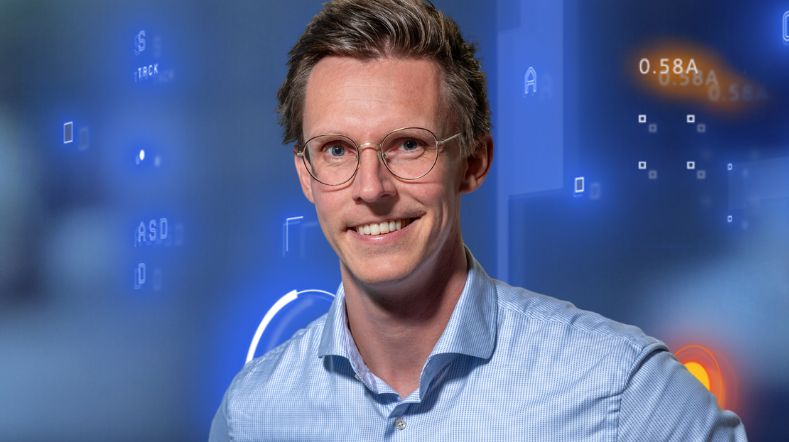
Get inspired
TNO and Quobly join forces to advance industrial-scale silicon quantum technology
Balancing skepticism and blind trust: critical thinking as the key to responsible and effective use of GenAI


Time setter story: Maaike de Boer about hybrid AI
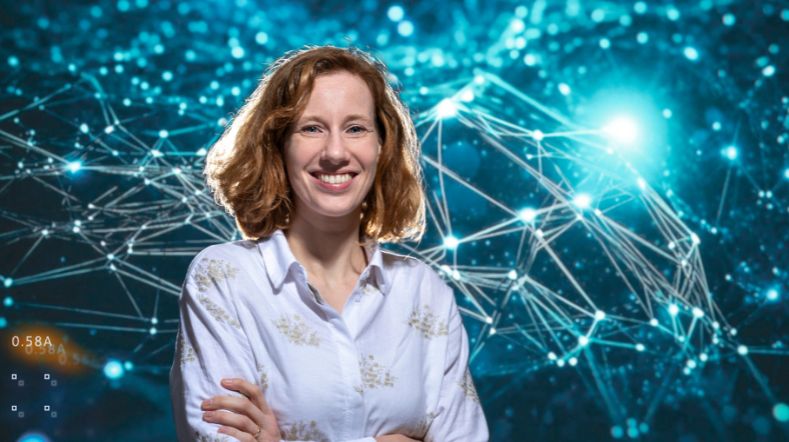

Touchwaves raises €1.5 million to accelerate development of next-gen wearable technology for NATO air forces
